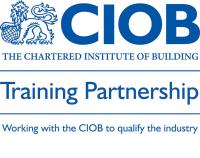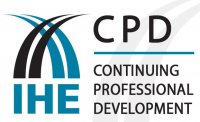Overview:
A Course developed to provide basic awareness on the subject of Strokes, aimed at carers and support workers within the Health and Social Sector.
Aims & Objectives:
Aims & Objectives:
This awareness course is designed to provide the learner with the essential knowledge and skills required to offer the best professional approach to caring for people who have stroke. Learners will:
- Gain an understanding of the different types of stroke, symptoms and current treatments available
- Develop an awareness of the different treatment available
- Develop a clear vision about their role and responsibilities in caring and supporting for adults with strokes
At the end of the course, learners will be able to:
- Define clearly what a stroke is and list its main causes
- Explain the importance and benefits of tracking the progression of strokes
- Define the diagnosis methods
" Define the importance of awareness
Learning outcomes:
- Understanding of the different types of stroke
- Clear awareness of the different signs and symptoms that are associated with stroke and its effect on individuals.
- Understanding of the challenges that someone living with a stroke might present.
- Awareness of the person-centred approach to caring for people living with a stroke.
- Understanding of some of the therapeutic approaches that are used to encourage effective engagement with people living with a stroke
- Basic life support and first aid following a stroke
Course Outline:
Course overview:
The course looks at many different aspects of Strokes from its definition right through to supporting those involved in working with people living with strokes. It addresses the different types of strokes, the various symptoms that are presented, drugs that are used to treat people with strokes, and how to provide person-centred care for people living with strokes.
Course content:
- Stroke overview: myths and facts
- Types and forms of stroke
- Sign, symptoms and effects of strokes
- Living with strokes
- Achieving person-centred stroke care
- Therapeutic interventions
- Dealing with depression and anxiety etc
This course encourages delegate participation through group discussion as well as individual input through subgroup and pair work. The trainer uses a range of facilitation and presentation techniques including PowerPoint, flip-chart work and tutor-led discussion, and delegates retain a comprehensive training pack for future reference and further reading
Intended For:
The course is an invaluable 'first step' for all who work in stroke care or those who want to have a general understanding of stroke and its effects.
It is also an excellent 'update' course








